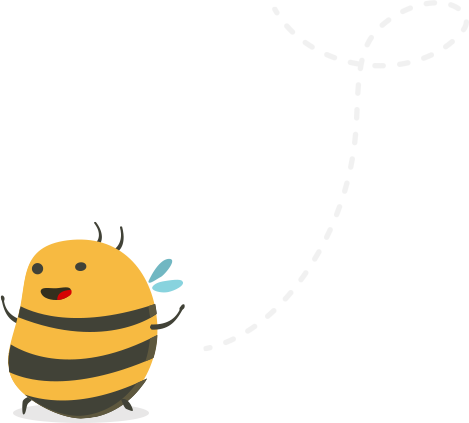Why are personas important?
Personas are important for several reasons:
- User-Centered Design: Personas provide a clear understanding of user needs, preferences, and behaviors, helping to design products and experiences that meet those needs.
- Decision Making: Personas serve as a reference point for making design decisions, prioritizing features, and defining product strategy. They help align the team’s efforts towards meeting the needs of the target audience.
- Empathy and Communication: Personas humanize the user, enabling teams to empathize with their goals and challenges. They facilitate effective communication and collaboration across stakeholders by providing a shared understanding of the target audience.
What are the types of personas?
There are different types of personas that can be created, depending on the specific needs and goals of the project:
- Buyer Personas: Buyer personas focus on understanding the characteristics and behaviors of the individuals or organizations that make purchasing decisions.
- User Personas: User personas represent the end-users of a product or service. They help capture insights about their needs, behaviors, and pain points.
- Customer Personas: Customer personas encompass both buyers and users, providing a holistic view of the target audience’s characteristics, motivations, and goals.
How to create a persona?
Creating a persona involves the following steps:
- Research: Conduct user research through interviews, surveys, and observational studies to gather insights about the target audience.
- Identify Patterns: Identify patterns in the research data to group users into distinct segments or archetypes.
- Define Persona Characteristics: Define key characteristics such as demographics, goals, motivations, behaviors, and pain points for each persona.
- Visualize and Personify: Create a fictional profile for each persona, including a name, photo, and a concise description that captures their essence.
- Validate and Refine: Validate the personas with user feedback and refine them as needed to ensure accuracy and relevance.
FAQ
While both personas and user profiles capture information about users, personas go beyond demographics and basic user information. Personas include detailed insights about user goals, motivations, behaviors, and pain points, enabling a deeper understanding of the target audience.
The number of personas depends on the complexity and diversity of your target audience. It is recommended to focus on a few key personas that represent the major user segments rather than creating an excessive number that may dilute the effectiveness of their impact.
Yes, personas can evolve and change over time as user behaviors, needs, and market conditions change. It is essential to regularly update and validate personas to ensure they remain accurate and reflective of the current target audience.






